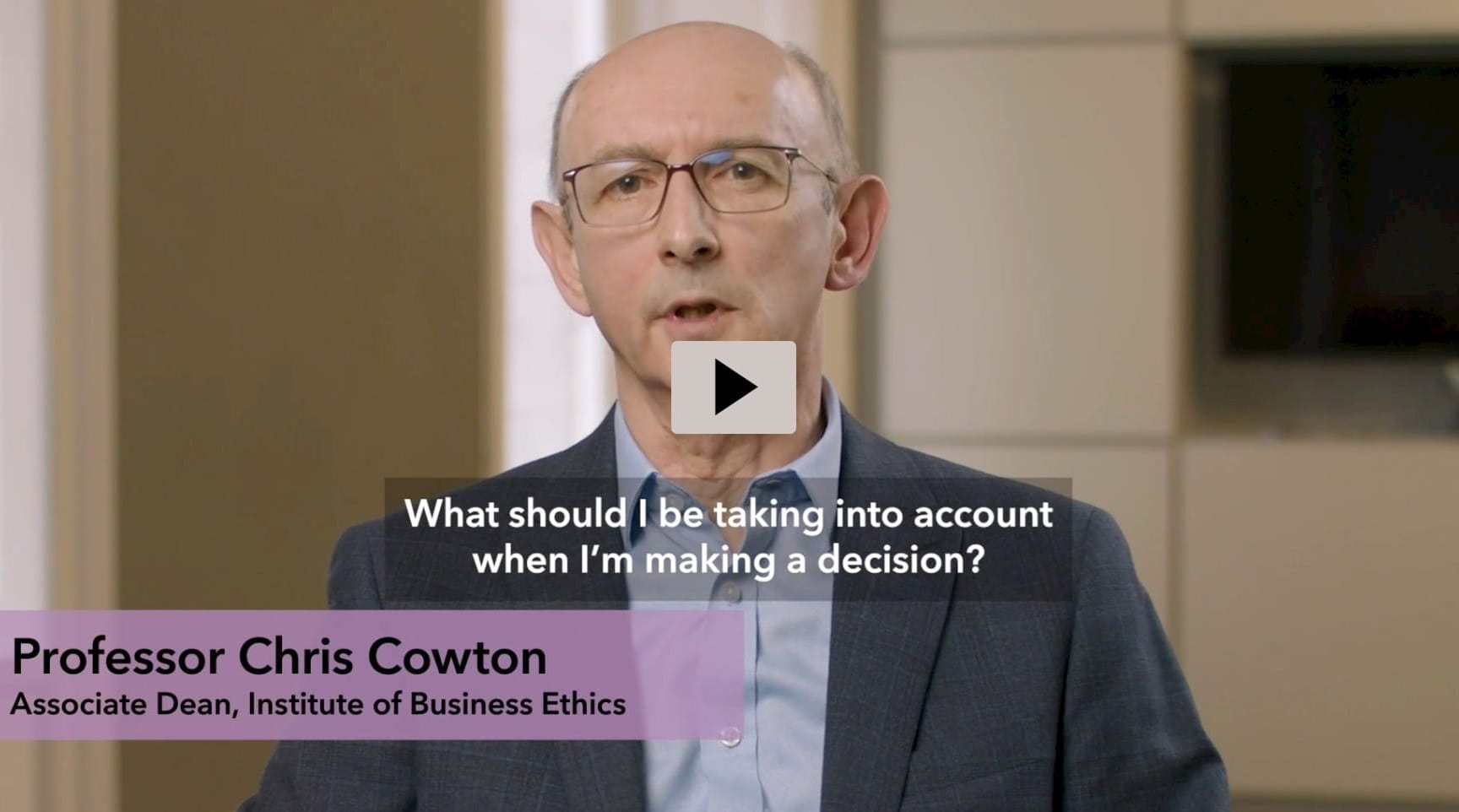Is ‘gut feel’ the result of seasoned professional insight, or a potentially misleading force that should not be trusted to support decision making? That was a key question in a recent event to launch ICAEW’s new e-learning course, Applying Professional Judgment in Audit.
Held at Chartered Accountants’ Hall, the event featured a lively panel discussion between experienced decision makers from accountancy and corporate leadership. It included Professor Sir Andrew Likierman, a leading expert on professional judgement, who partnered with ICAEW to develop the new free course for members.
The panel’s views on the role of gut feel provided a fitting context for exploring the conditions in which best-practice professional judgement flourishes.
A trained asset?
Before the panel talk, Likierman had warned attendees against relying upon gut feel alone to form judgements. In the subsequent discussion, though, James Baird, Professor in Practice in Accounting at the University of Glasgow’s Adam Smith Business School, suggested that there is more to gut feel than an unthinking knee-jerk response.
Drawing on more than 30 years of direct audit experience, Baird said: “I’m a supporter of intuition. Gut feel is educated, informed and developed by experience. It perhaps becomes a bit more critical once you become more senior, because the impact of those decisions is greater when you’re more responsible and accountable. And I think that you train your gut feel and intuition through experience.”
Baird noted: “You triangulate it against all the facts – and data analysis and technology will equip us better and make us more powerful as practitioners. But please, let’s not lose that gut feel and intuition, because I think that’s crucial to the professionals we are.”
Ania Zalewska, Professor of Finance at the University of Leicester School of Business, cited a 1999 experiment in which subjects were asked to decide whether testimonies shown to them in video presentations were true.
“They had two groups of students,” she explained. “One had received law-enforcement training in how to figure out who’s telling the truth. The other group had no training at all, so they were really relying on their guts.”
Both groups were played details of two investigations, where suspects were rejecting allegations of wrongdoing. Some had truly done nothing wrong. Others were guilty – but were denying the allegations.
“Interestingly the experiment found that those with the law-enforcement training were no better than the control group,” Zalewska said. “In fact, they were worse: the training had reinforced their biases. However, what it had improved was their self-confidence in defending their judgements.”
With that in mind, she stressed: “We have to be really careful when we think about education – how we train people to think, versus how we train them to question.”
Learned experience
For Mala Shah-Coulon, Team Lead Governance and Public Policy at EY, gut feel is not just influenced by a decision maker’s background but also moderated by their position as part of a wider team.
“As an individual, your gut feel will vary based upon your personality and culture, plus your learned experience and knowledge,” she said. “In a group, those factors will be different from one person to the next. Some people are more risk averse, and some are not. So, you have to take all that in the round.”
Portfolio non-executive director Patricia Dimond, co-author of the 2017 book Driven to the Brink: Why Corporate Governance, Board Leadership and Culture Matter, referred to an episode in her career that showed the value of testing gut feel against hard data.
“I was working in London,” she said, “and private investors asked me to take a look at a company they wanted to buy in New York. They were in final conversations to buy the company and wanted me to come and ask the owners a few questions. I flew in and the meeting was set up in a hotel room, rather than the company’s office, which set off red warnings to begin with.”
After the meeting, Dimond urged the private investors to bring in their accountants to do more due diligence. “My feeling was that something about the company didn’t ring true, it didn’t feel right,” she said. “But it was important that the investors had the facts. So, my gut feel was a hypothesis that needed to be tested.”
In the end, the private investors went ahead with a very different deal. “They paid $1 rather than the initial offer price,” Dimond said, “and proceeded to put a team in to turn around the company. Seeking input from accountants ensured they were fully informed.”
Types of thinking
Providing an adjudicator’s perspective, Likierman said: “If we’re talking about something which is informed by extensive relevant experience – and notice the word relevant, here – gut feel may be a good guide. My anxiety is about relying on it when it’s not backed up by such experience.”
He explained: “If it’s ‘I like the look of this, whatever it is – it’s the first time I’ve seen it,’ that’s a serious risk to the quality of the judgement. The other worries I have about gut feel are, where does it come from? Can you explain it to your colleagues and the regulator?”
Baird discussed a research project where he had gathered data from audit partners that went into extensive detail about their most difficult judgements. What had emerged very strongly from the research was that the partners had applied, in varying degrees, three types of thinking:
- Critical-rational thinking: driven by logic, where the partners had asked whether the information in front of them was coherent, consistent and made sense.
- Technical thinking: driven by rules, where the partners had referred to what relevant standards said about how to address the decisions at issue.
- Intuition: driven by gut feel, where the partners had asked themselves whether their judgements felt right, and if there were outcomes they could be happy with based on their experience and the available information.
“In any judgement,” Baird stressed, “the partners did not only use one type of thinking. They always used all three at different stages of the process.”
While gut feel forms part of the professional judgement process, as Likierman put it: “In a professional context, you need to be able to have a lot more evidence than simply saying, ‘My gut feel tells me this is right.’”
Judgement elearning
Access ICAEW's practical elearning programme on exercising good professional judgement as an integral part of the audit process.




